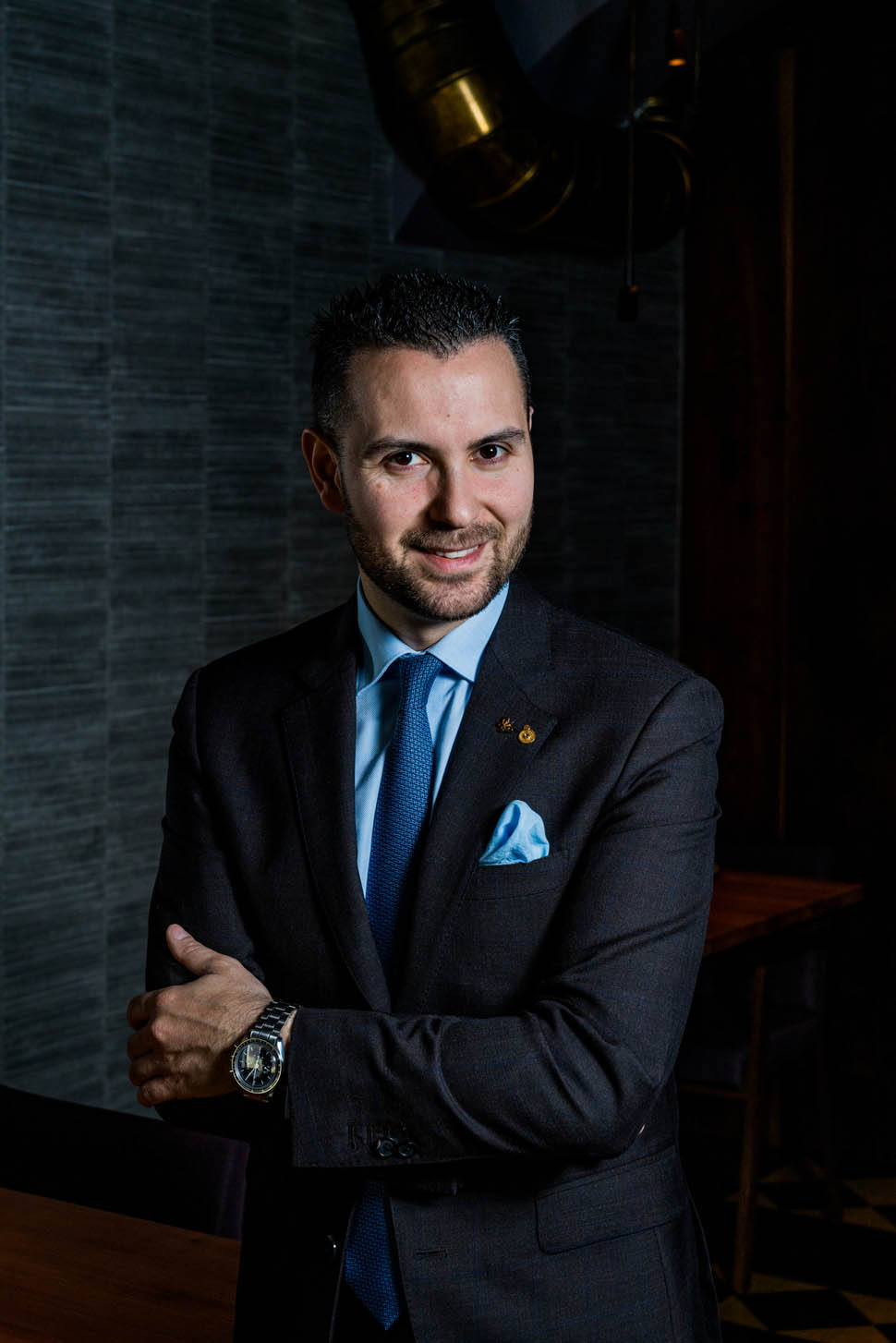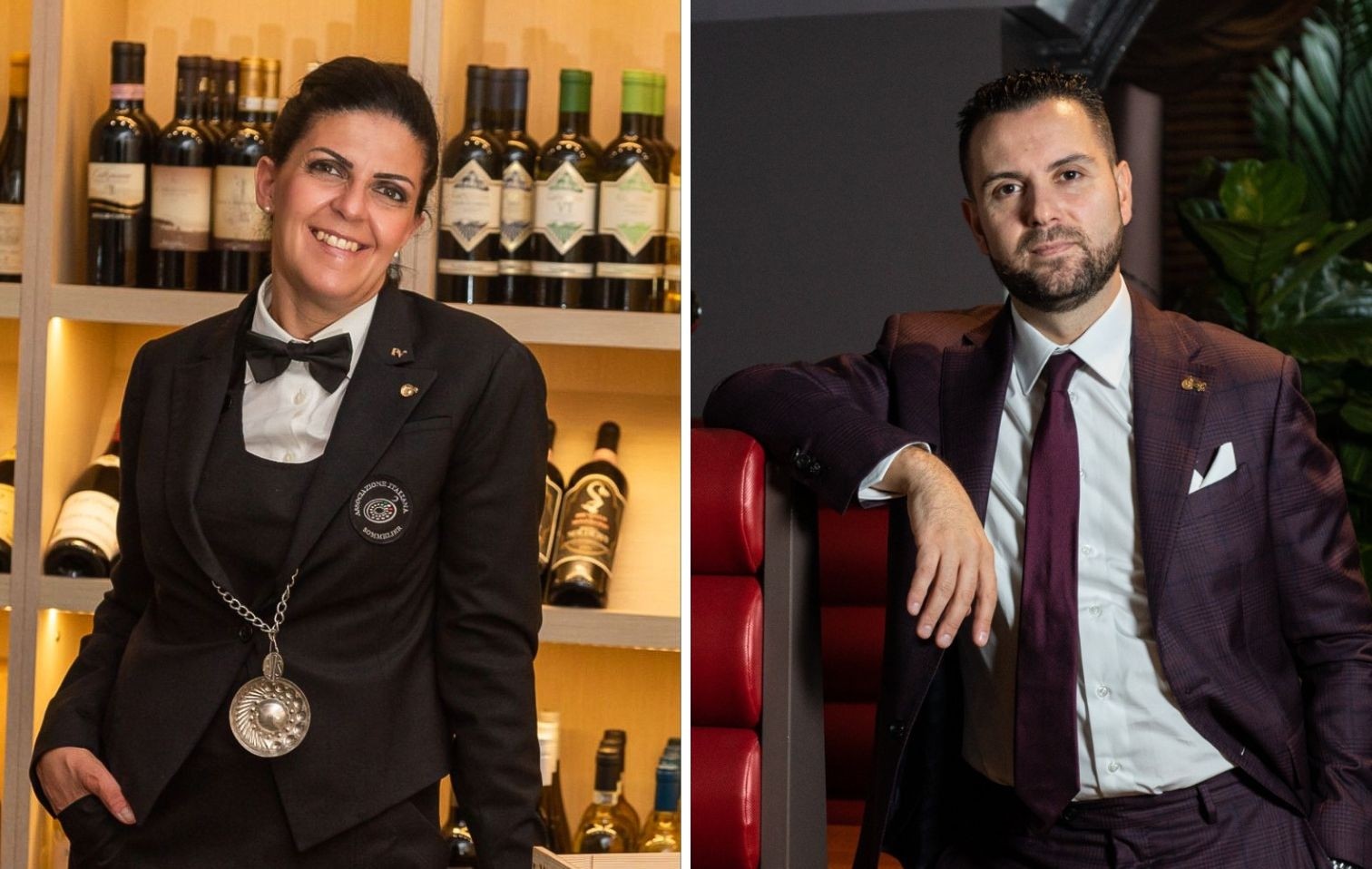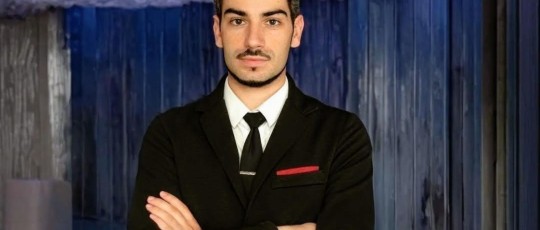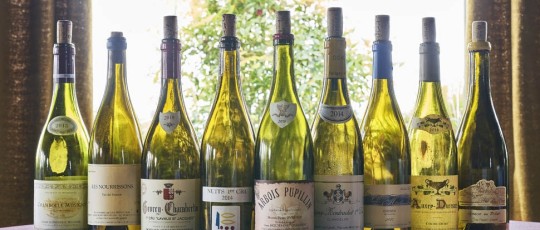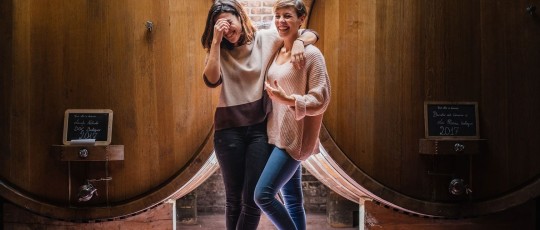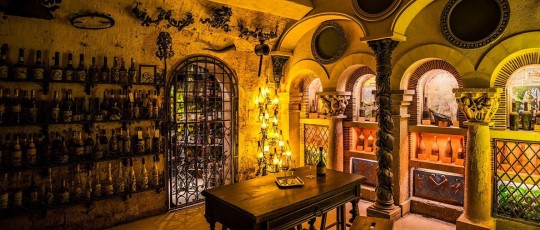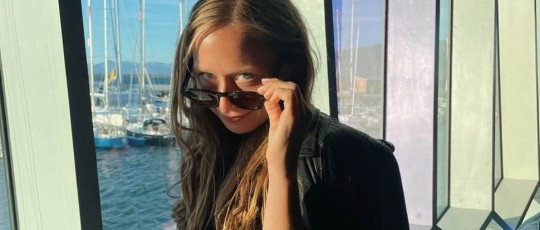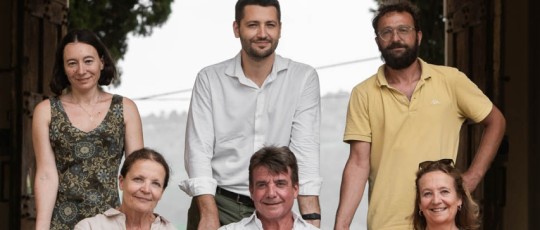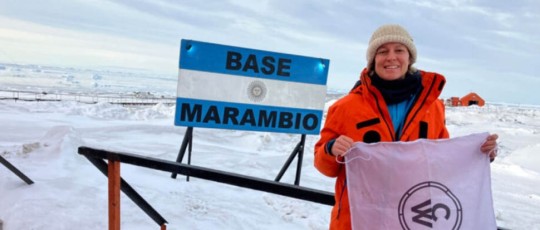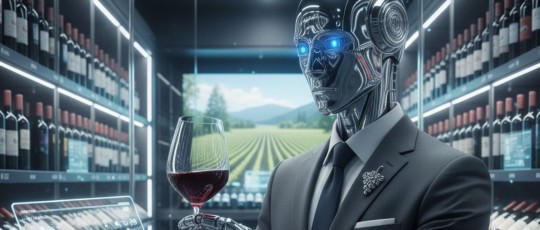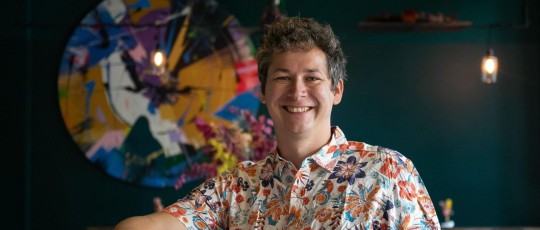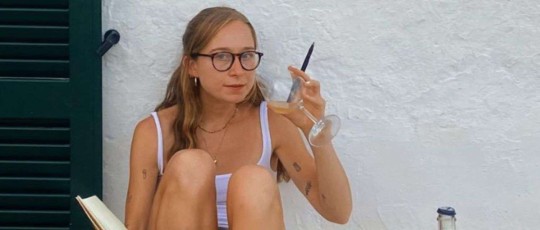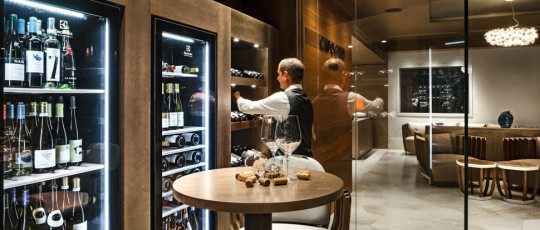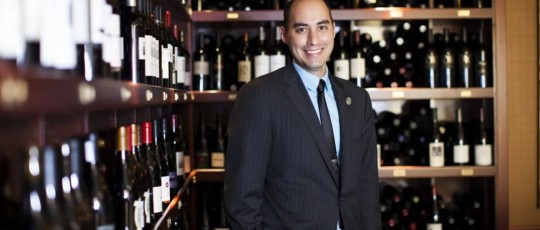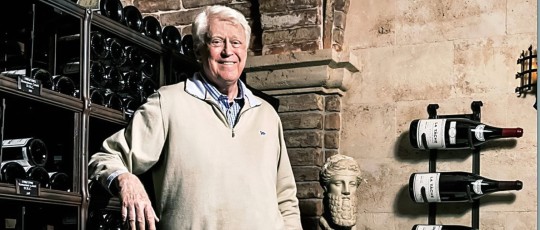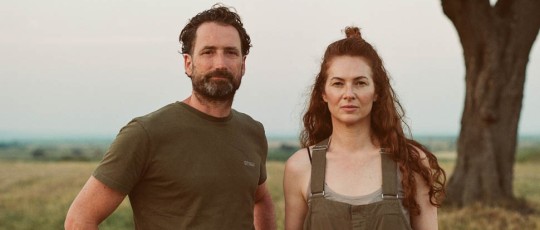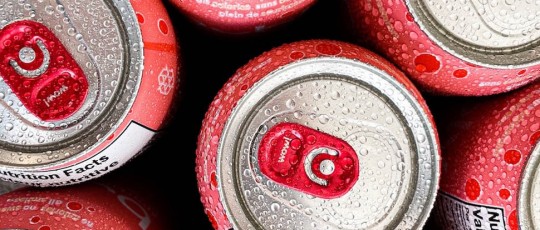It's called Hypertaste and it could make sommeliers redundant in restaurants. But industry insiders express optimism. "Artificial intelligence can assist, but there must be a great professional behind it," observes Sofia Carta; while Matteo Zappile sees a possible application only in mass catering.
The news
Until now, it was mainly intellectual professions that had to fear the rise of artificial intelligence: translators, copywriters, graphic designers, journalists (unfortunately), even doctors and lawyers. But the future may not be so promising for those who work with their own sensory system, like sommeliers. Their security is now being threatened by Hypertaste, an "artificial tongue" recently launched by IBM, which is said to be capable of tasting wine like the most expert sommeliers. It's about the size of a lemon slice and can record not only the tastes but also the subtlest aromas, even identifying the grape varieties, origin, and vintage of wines. Possible uses range from detecting faults during quality checks in cellars to assessments by denominations committees, to tests conducted by authorities to verify potential counterfeits.
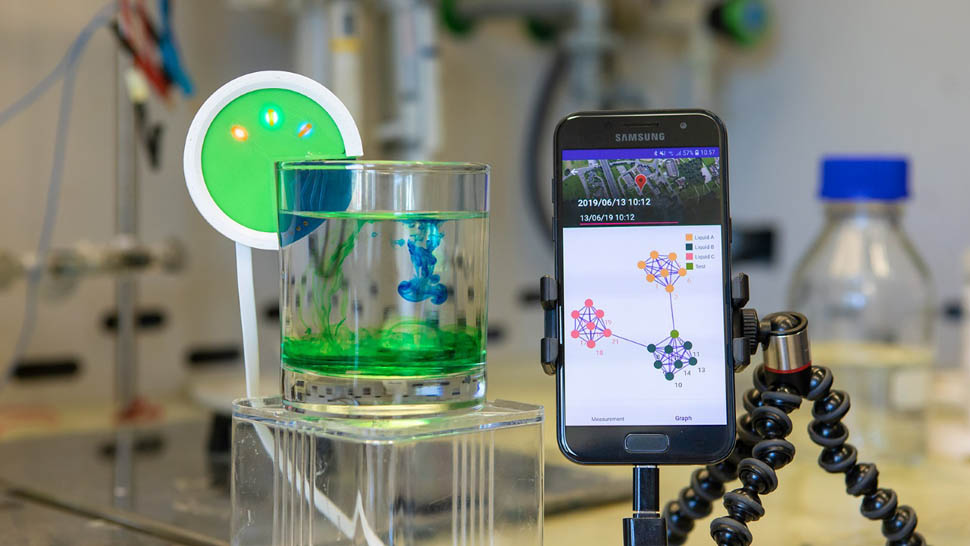
There are sommeliers who see the new tool as a tremendous opportunity to lighten their heavy workload, especially in training, and particularly during solo tastings, where it can serve as a reference point with a touch of objectivity and contribute to expanding their experiential horizons. However, in their view, nothing can ever replace the human connection as part of the restaurant experience. No digital device will ever be able to welcome, advise, empathize with the guest, and even indulge them when they are wrong, just as no robot can ever replace a caring maître d'. Nevertheless, the same professional could benefit from information support regarding the likely peak quality point of a bottle or its preferred market opportunities.
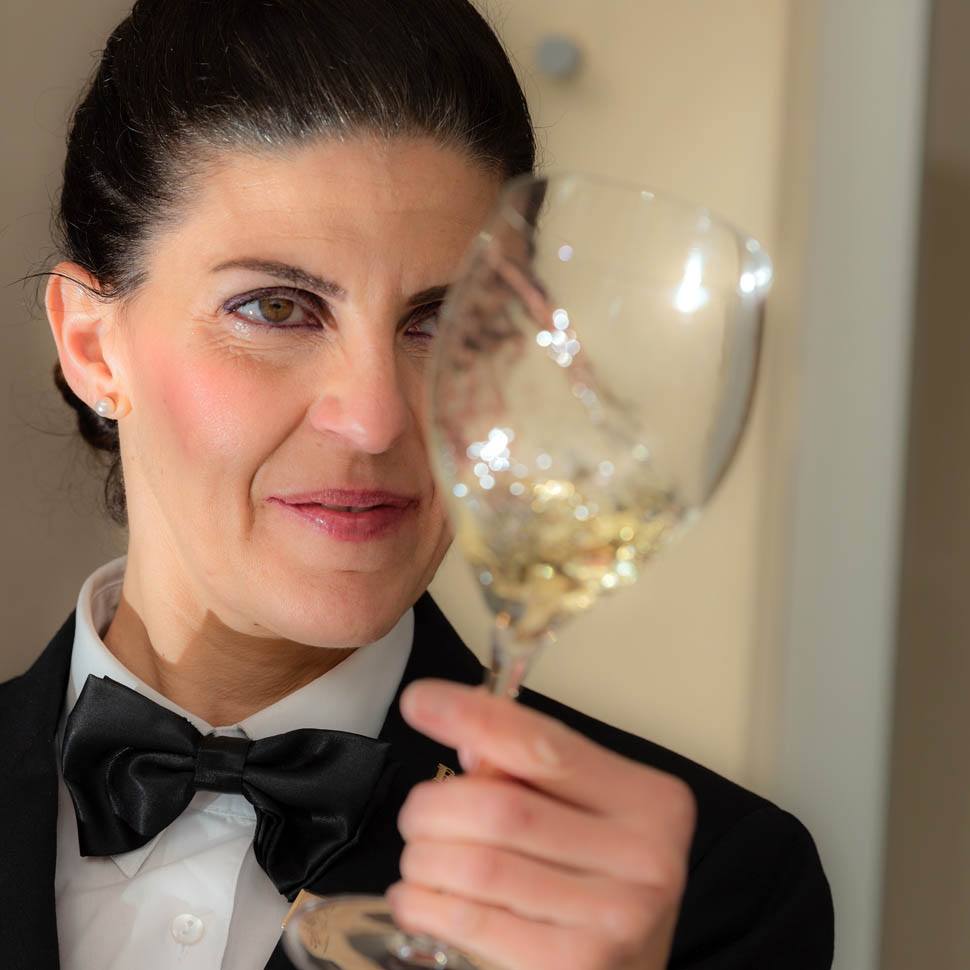
Sofia Carta, Sommelier at Forte Village, in Sardinia, has no reservations. "Personally, I have never had any experience with this tool, and I don't even hide that there has always been a taboo surrounding artificial intelligence and its feasibility. It's not new to me, considering that my nephew Antonio is a computer science professor at the University of Pisa, so we have often discussed it together. He shares my view: artificial language can assist, but there must be a great professional behind it because if it's true that scents express terroir, everything, in the end, can be its opposite."

It's easy for a grape to camouflage itself; it requires extensive knowledge. But it's also true that we sommeliers sometimes forget the vintages and their characteristics in different regions. Perhaps we know Bolgheri perfectly, but not Carso, so welcome this technology. I am convinced that machines should help us, not replace us. For years, this technology has been under study in Sweden, a country without wine traditions, and it's easy to think that it's more about computer science than wine culture or history. Nevertheless, it would be fun to get involved, to compare and interact. Curiosity always stimulates growth, and perhaps in the future, it could even be implemented at Forte Village. Tasting, as we know, is both objective and subjective: there are chemical aspects, furthermore there's individual smell perception, which creates connections from a personal perspective. Since we are not chemists, we sommeliers could gather information and communicate better."
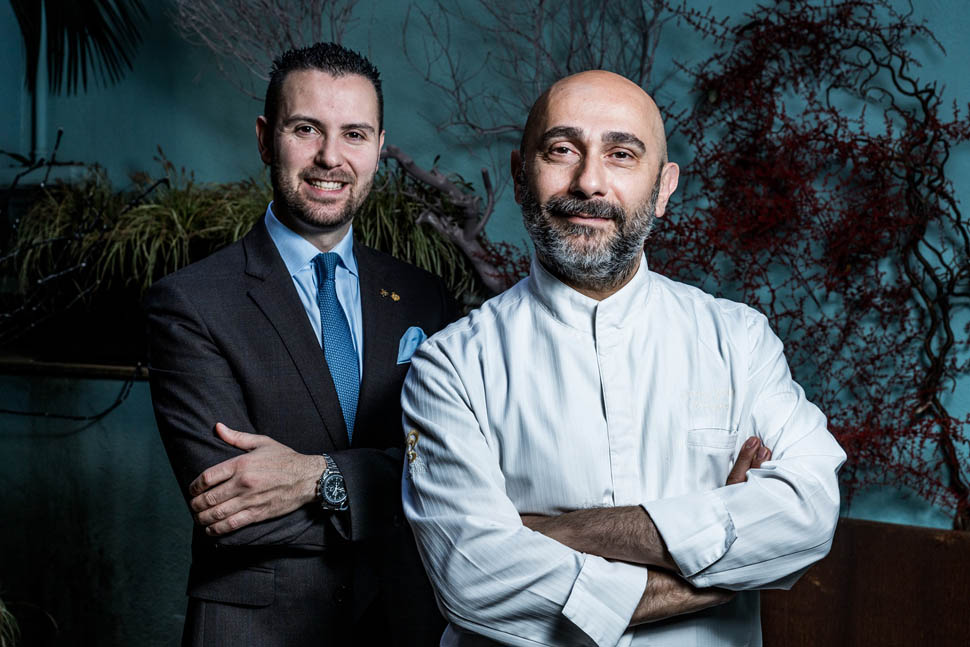
Matteo Zappile, head sommelier at Pagliaccio in Rome, sees it differently. "Anything artificial only counts to a certain extent. It may work for calculating algorithms, what we like or dislike, but tasting is all about emotions that a machine cannot experience. The problem is that these emotions are subjective, depending on time and place. A bottle opened on a different occasion changes everything. This is where I see the limits of technology. If Sofia and I taste the same wine, me in Rome and her in Sardinia, our judgments and descriptors won't match."
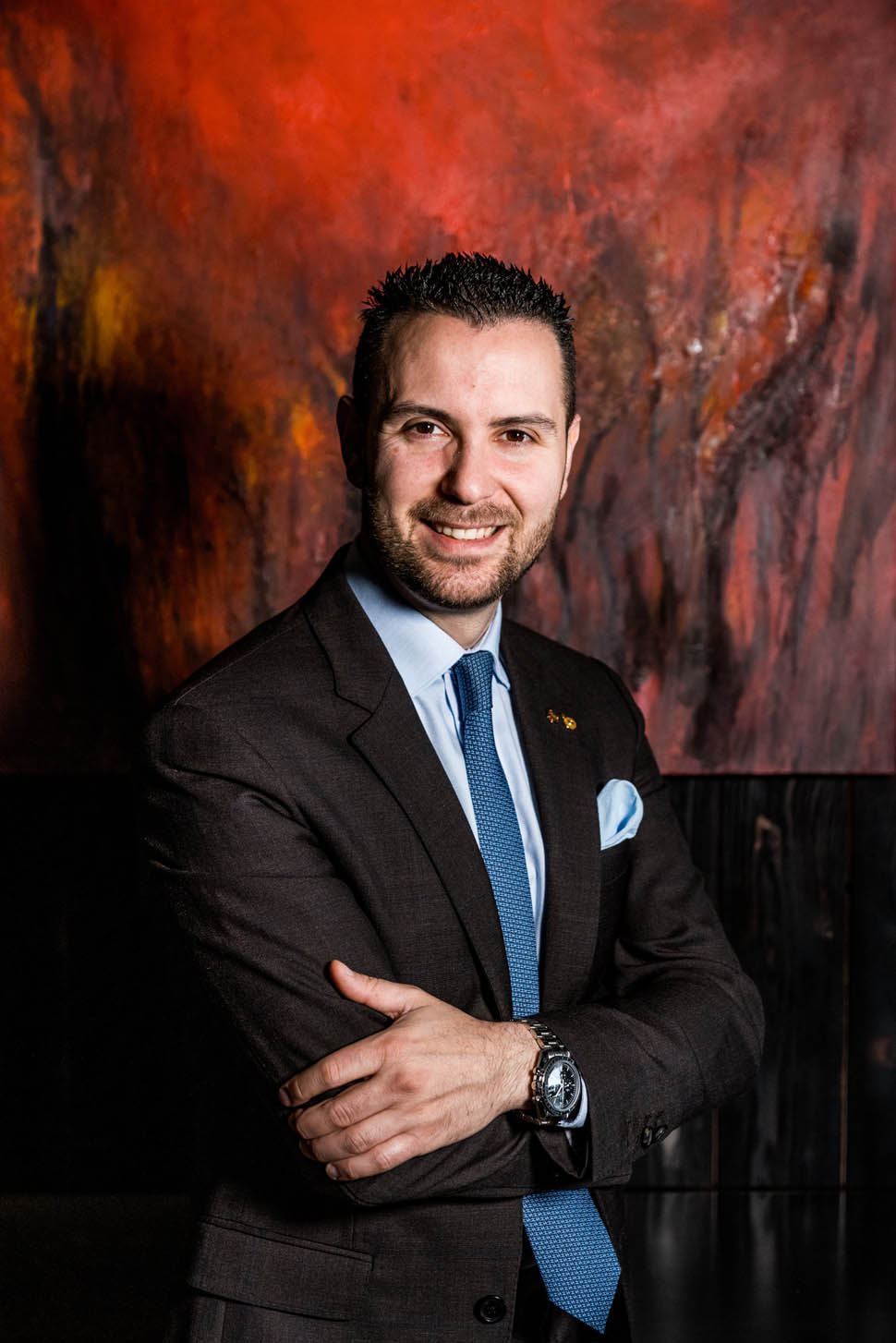
In my opinion, this technology will only find its place in establishments that do not intend to invest in human resources. However, once the machine has selected the wine, there will always be a need for someone to serve it. I think of companies with hundreds of covers and extensive, digital wine lists, where the customer is left to the mercy of the situation. Mass-market restaurants may even take pride in it, likely showcasing the robot that has chosen the fruity or mineral glass. Then there's the issue of evolution, in the sense that digital language should account for variability based on temperature, humidity, and storage – that's science fiction. There are too many variables because wine is always alive."
